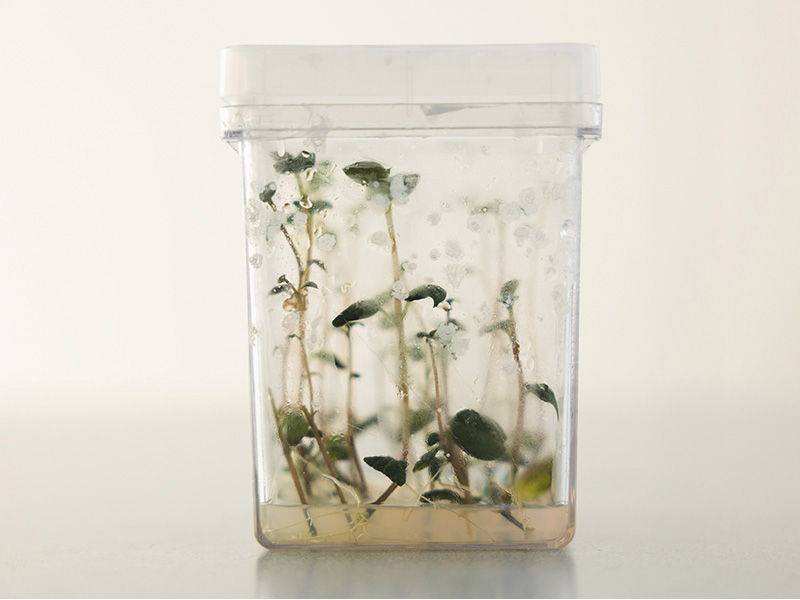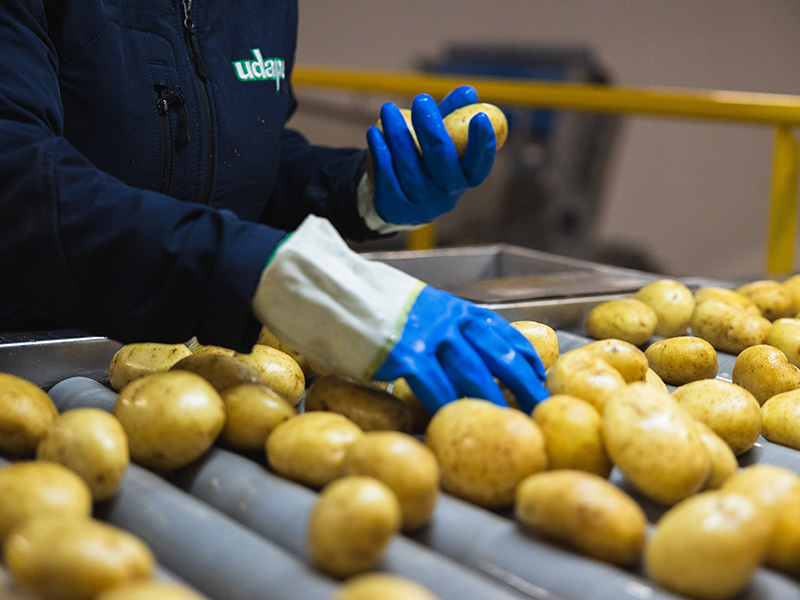Pest monitoring and resistance potato varieties selection
Project description Cultivating Potato Resilience: An Initiative for the Early Detection, Surveillance, and Solutions to Potato Plant Diseases
PataFEST represents the collective determination to forge a more sustainable and resilient agricultural future. By addressing emerging plant health risks, adopting proactive measures, and promoting eco-friendly solutions, the project lays the groundwork for a thriving and equitable agriculture for generations to come.
PataFEST is a groundbreaking initiative aligned with Horizon-CL6-2022-FARM2FORK-02-02, focusing on emerging risks to plant health and promoting sustainable agriculture. At the heart of the PataFEST Project lies a meticulously designed roadmap, charting a comprehensive course to tackle the challenges faced by the potato industry. With the vision of a healthier and more sustainable agricultural future, the project embraces a range of innovative strategies.
Firstly, it delves into the molecular level to identify disease-resistant genes and develop precision-targeted solutions. Secondly, it adopts real-time diagnosis tools and AI algorithms for early detection and proactive protection. Thirdly, it pioneers eco-friendly practices to curb the spread of pests and diseases. The project's Integrated Pest Management strategy encompasses validation across Europe and international partners, ensuring a sustainable agricultural future.

